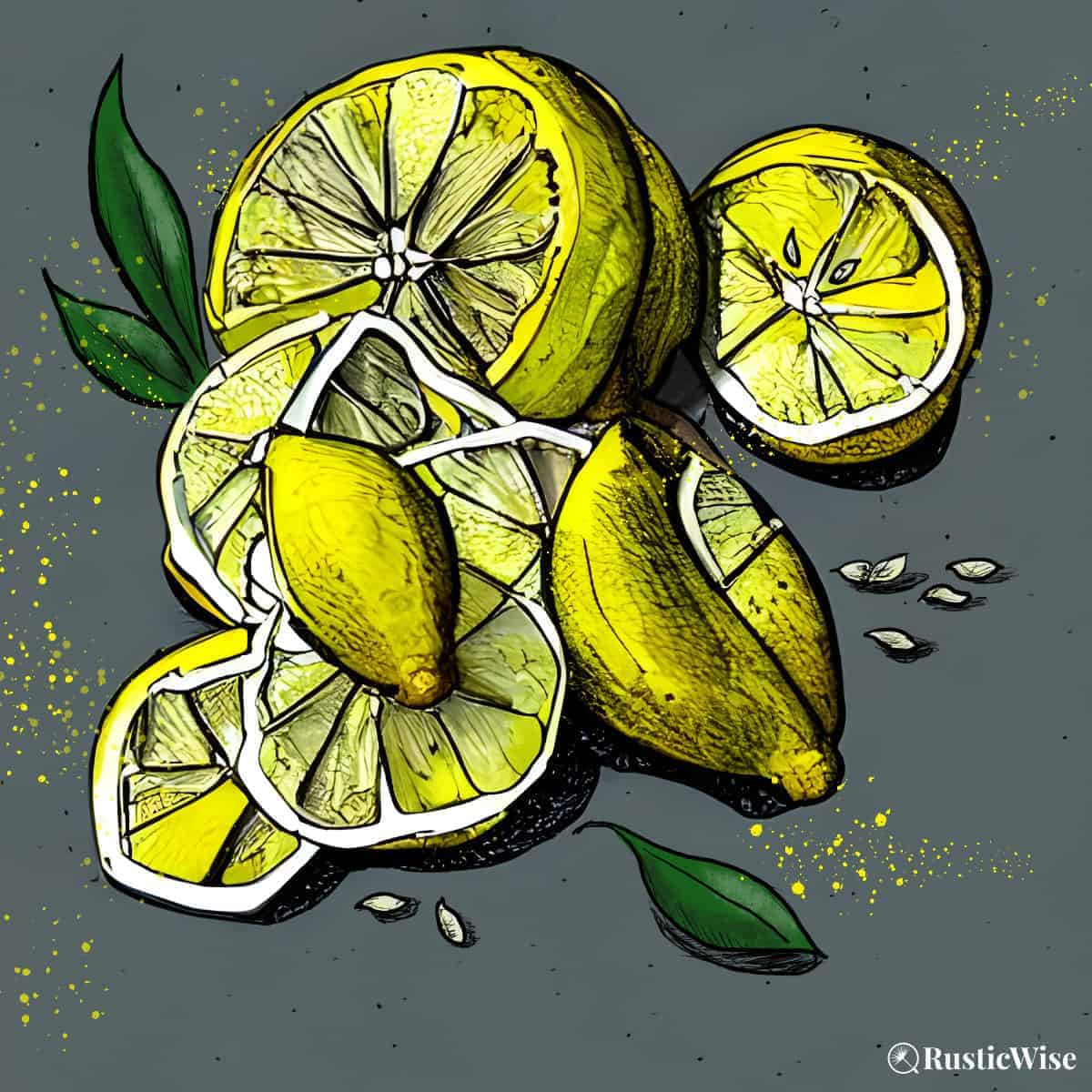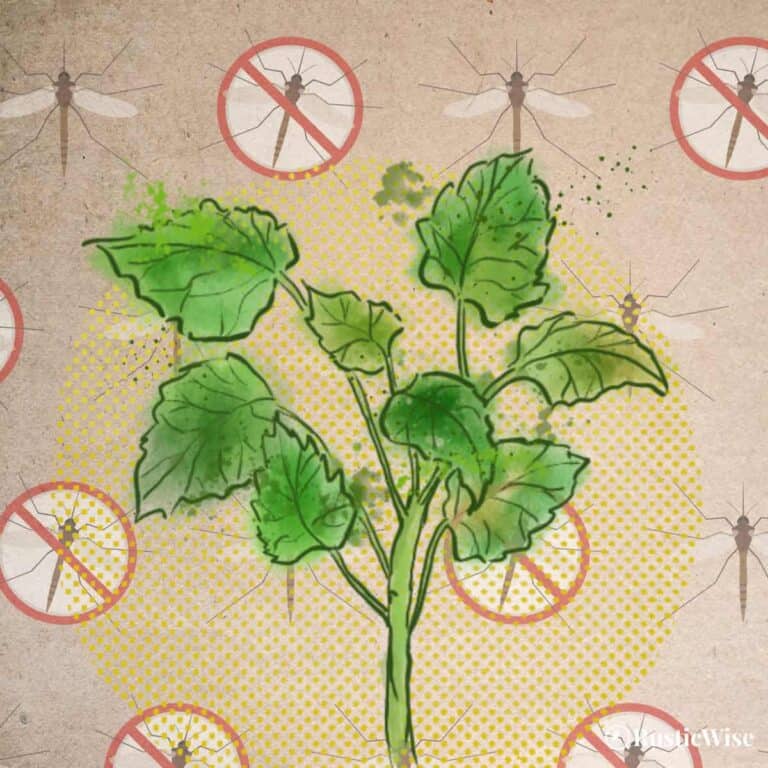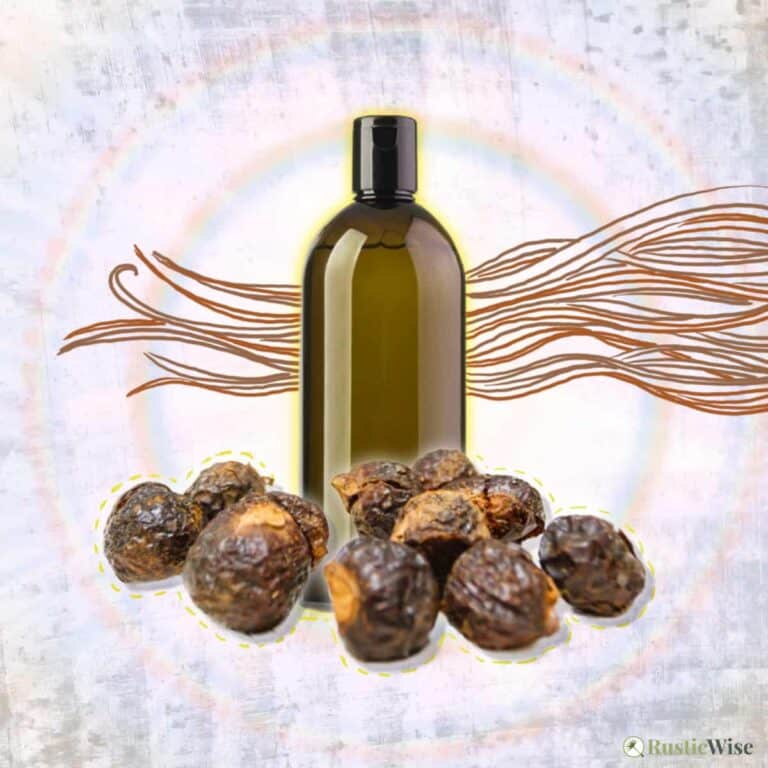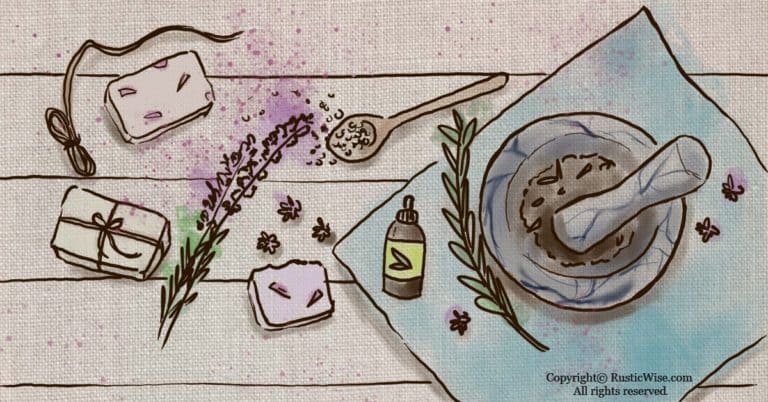5 Remarkable Lemon Seed Benefits and How To Use Them
Zesty and tart, lemons are not only a culinary staple, but are also a great natural acidic cleaner. While the fruit and peel are used for many purposes, the seeds are tossed aside with little thought. Don’t toss those seeds!
These tiny seeds are surprisingly packed with health benefits. There are many lemon seed benefits. They are a rich source of dietary fiber, flavonoids, vitamin C, and antioxidants. Plus, they contain limonoid compounds which may protect against some forms of cancer.
So the next time you’re juicing a lemon, or making a smoothie, leave the seeds in! The seeds are safe to eat. Let’s take a look at what the seeds offer.
A closer look at lemons and the seeds
The lemon plant (Citrus ×limon) is a flowering evergreen that produces fragrant flowers.
From lemonade and lemon meringue pie, to adding zest to fish and poultry dishes, lemons are a powerhouse in the kitchen.
Here’s a look at the various parts of Citrus limon:
- Peel: The outer yellow skin is sometimes called the rind or zest. Use it to add a bit of citrus flavor to baked goods like lemon bread, or savory dishes.
- Pith: The white spongy part is called the pith, or albedo. It doesn’t really taste like anything, but it’s a rich source of pectin, the jelly-like substance needed to make homemade jellies and jams.
- Pulp: The juicy part contains roughly 5 percent citric acid (or more). It’s also a significant source of vitamin C, trace amounts of some B-vitamins such as niacin, riboflavin, and thiamin.¹
- Seeds: The small white lemon seeds also contain vitamins, fiber, flavonoids, and more. More details below!
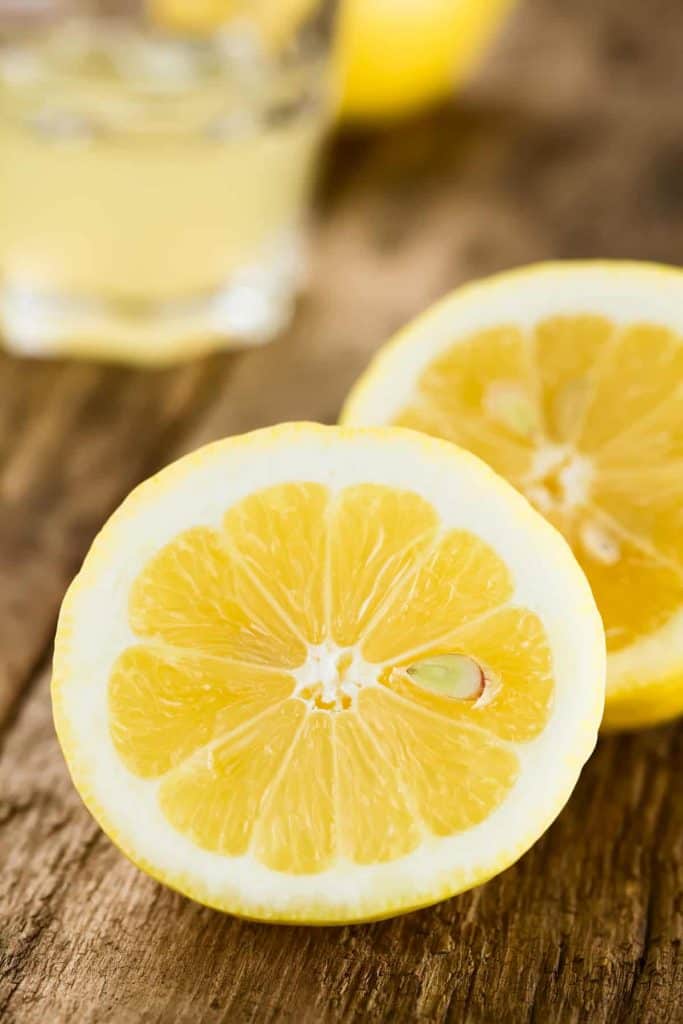
Can you eat lemon seeds?
Yes, lemon seeds are edible and safe. They are a significant source of fiber, but the seeds can be bitter. There are many ways to use lemon seeds in your cooking.
Use the seeds in lemons to add more fiber to your diet. Lemon seeds can be crushed, whole, or ground into powder.
Wait—aren’t lemon seeds poisonous?
First things first. Lemon seeds are completely safe and edible. You can eat both the seeds and the fruit.
Over the years, lemon seeds have become the topic of many online debates over whether they are poisonous. Many people claim the seeds are toxic and poisonous, mostly because they have a bitter taste.
While the seeds won’t win any awards for tasting good, the seeds are non-toxic. You probably don’t want to eat them on their own, though!
There are other fruit pits that are truly poisonous if consumed in large quantities.
Mostly this applies to stone fruits which have pits that contain cyanide compounds. While it’s not a danger if you accidentally swallow a pit or two, avoid grinding/crushing and consuming large amounts of the following fruit pits:²
- Apricots
- Cherries
- Nectarines
- Peaches
- Plums
Lemon seed safety notes
While the seeds are perfectly edible and there are many health benefits of lemon seeds, it doesn’t mean you should consume them by the boatload. Eating too many lemon seeds may cause an upset stomach.
Consume citrus seeds in moderation. For example, if you’re juicing a lemon, there’s no need to remove the seeds.
It’s also not advised to eat them whole, as they are a choking hazard (which you already know).
Those with digestion issues, including irritable bowel syndrome, should also avoid eating this high-fiber seed.
5 remarkable lemon seed benefits
Like other fruit seeds, lemon seeds contain carbohydrates (primarily starches), sugars, lipids (oils and fats), proteins, along with other compounds. It’s these other compounds that really make the citrus seed shine.
Here are a few health benefits of Citrus limon seeds:
1: Significant source of dietary fiber
Lemon seeds help promote healthy digestion because of its high fiber content.³
According to the Mayo Clinic, high-fiber diets help promote regular bowel movements and help maintain a healthy bowel system. Fiber also helps to regulate blood sugar levels, and maintain a healthy weight (thereby helping with weight loss) by keeping you satiated for longer.⁴
2: Anti-inflammatory and antioxidant properties
Lemon seeds contain high levels of flavonoids. Flavonoids are a phytonutrient that’s found in some foods and beverages, including teas.
The powerful anti-inflammatory effects of flavonoids protect bodily cells from oxidative stress, which in turn helps you fight off many types of cardiovascular diseases and some types of cancer.
The high flavonoid content of lemon fruit seeds is rare, and not often found in other plants.³
3: Limonoids help ward off breast cancer
Limonoids are special compounds extracted from lemon seeds, and other citrus fruit juices and peels.
Studies show that these compounds contain anti-proliferative and anti-aromatase which are effective at warding off breast cancer cells in human subjects. The seeds contain salicylic acid which helps fight cancerous cells when used in conjunction with other treatment.⁵
4: Maintains healthy cholesterol levels
Limonoids have also been found to lower bad blood cholesterol levels. But take this knowledge with a grain of salt.
Exactly how much limonoids to consume is another matter.
One clinical trial looks at just how much limonoids one would have to consume in order to glean the benefits of these powerful compounds. It found that drinking six 8-ounce glasses of orange juice a day would help to reduce LDL cholesterol (low-density lipoprotein) also known as “bad” cholesterol.⁶
5: May help with diabetes
Researchers have examined the properties of lemon seed extract on diabetes.
A 2022 animal study looked at various markers, including hepatic and renal damage biomarkers and glucose levels. Results show that lemon seed extract restored bodily markers back to normal levels in diabetic subjects, showing some promise as an agent that can help the body fight diabetic complications.⁷
Want to learn more ways to incorporate this citrus fruit into your wellness routine? Check out the benefits of lemon essential oil, derived from the fruit peel.
Note: Don’t confuse lemon seed oil (which is extracted from pressed lemon seeds) and lemon essential oil (which derives from the citrus peel). Lemon seed oil is commonly used for skin care and for maintaining healthy hair. Lemon essential oil has antibacterial properties and is used for aromatherapy and other household uses.
What happens if you accidentally eat a lemon seed
Don’t panic if you accidentally ingest a few citrus seeds. They won’t hurt you, and might provide you with a bit of fiber and antioxidants. (And, no, you don’t need to worry about a lemon tree sprouting in your gut!)
The worst thing is that these small seeds pose a choking hazard.
Can you eat lemon peel?
Yes, the citrus peel is perfectly edible. There are many ways to use citrus peels to enhance your culinary dishes. Candied lemon peels, citrus-infused vinegar or olive oil, citrus salts, and citrus teas are all great ways to make good use of lemon peels.

Ways to consume lemon seeds
These little seeds have a bitter flavor, so it’s best to use these in moderation for a more agreeable taste.
One of the easiest ways to use lemon seeds is to simply juice or blend them together with the pulp of the fruit. The bitterness of the seeds will be offset by the fruit’s naturally tart and zesty notes.
Store your blended juice/seed mixture in the fridge for up to a week.
Here are a few ways to consume lemon seeds.
- Add to smoothies or juices: If you’re making a healthy smoothie or fruit/veggie juice, you might as well save yourself some work and leave the seeds in the lemon.
- Add to lemon-inspired beverages: A splash of blended lemon pulp/seeds would go well with hot and cold beverages such as lemon balm tea, lemon verbena tea, lemon + ginger, and, of course, lemonade.
- Add to baking recipes: Any recipe that calls for lemon flavor would make an excellent candidate for incorporating your blended seed/juice mixture. Lemon bread, lemon tarts, and lemon meringue pie are just a few examples.
- Add to savory dishes: Citrus adds a lovely flavor dimension to savory dishes. Add your lemon seed blend to any dish that calls for fresh lemon juice. Try adding a splash of lemon juice seed to salads, or drizzle it on top of baked fish or poultry dishes.
👉 Find more Natural Wellness topics on nourishing your body and soul with natural food, herbs, and plants. 🌿
Would you like more timeless tips via email?
Fun tips to help you live an independent, self-sustaining lifestyle. Opt-out at any time.


References
- Britannica, Lemon, https://www.britannica.com/plant/lemon. Accessed October 2022.
- Ontario Poison Centre, Fruit Pits, https://www.ontariopoisoncentre.ca/household-hazards-items/fruit-pits/. Accessed October 2022.
- Park, Y. S., Kim, I. D., Dhungana, S. K., Park, E. J., Park, J. J., Kim, J. H., & Shin, D. H. (2021). Quality Characteristics and Antioxidant Potential of Lemon (Citrus limon Burm. f.) Seed Oil Extracted by Different Methods. Frontiers in nutrition, 8, 644406. https://doi.org/10.3389/fnut.2021.644406
- Mayo Clinic, Dietary fiber: Essential for a healthy diet, https://www.mayoclinic.org/healthy-lifestyle/nutrition-and-healthy-eating/in-depth/fiber/. Accessed October 2022.
- Kim, J., Jayaprakasha, G. K., & Patil, B. S. (2013). Limonoids and their anti-proliferative and anti-aromatase properties in human breast cancer cells. Food & function, 4(2), 258–265. https://doi.org/10.1039/c2fo30209h
- Clinical Trials (U.S. National Library of Medicine), Metabolism And Health Effects Of Citrus Limonoids in Hypercholesterolemic Humans, https://clinicaltrials.gov/ct2/show/NCT02011789. Accessed October 2022.
- Demir, A., & Celik, I. (2022). Investigation of healing effects of lemon (Citrus limonum) seeds lyophilized extracts on experimental diabetic rats. Archives of physiology and biochemistry, 128(2), 539–546. https://doi.org/10.1080/13813455.2019.1702061

Author: Theresa Tesolin
Theresa is co-founder of RusticWise. She helps people unleash their inner DIY spirit by encouraging them to get dirty and make or grow something from scratch.

